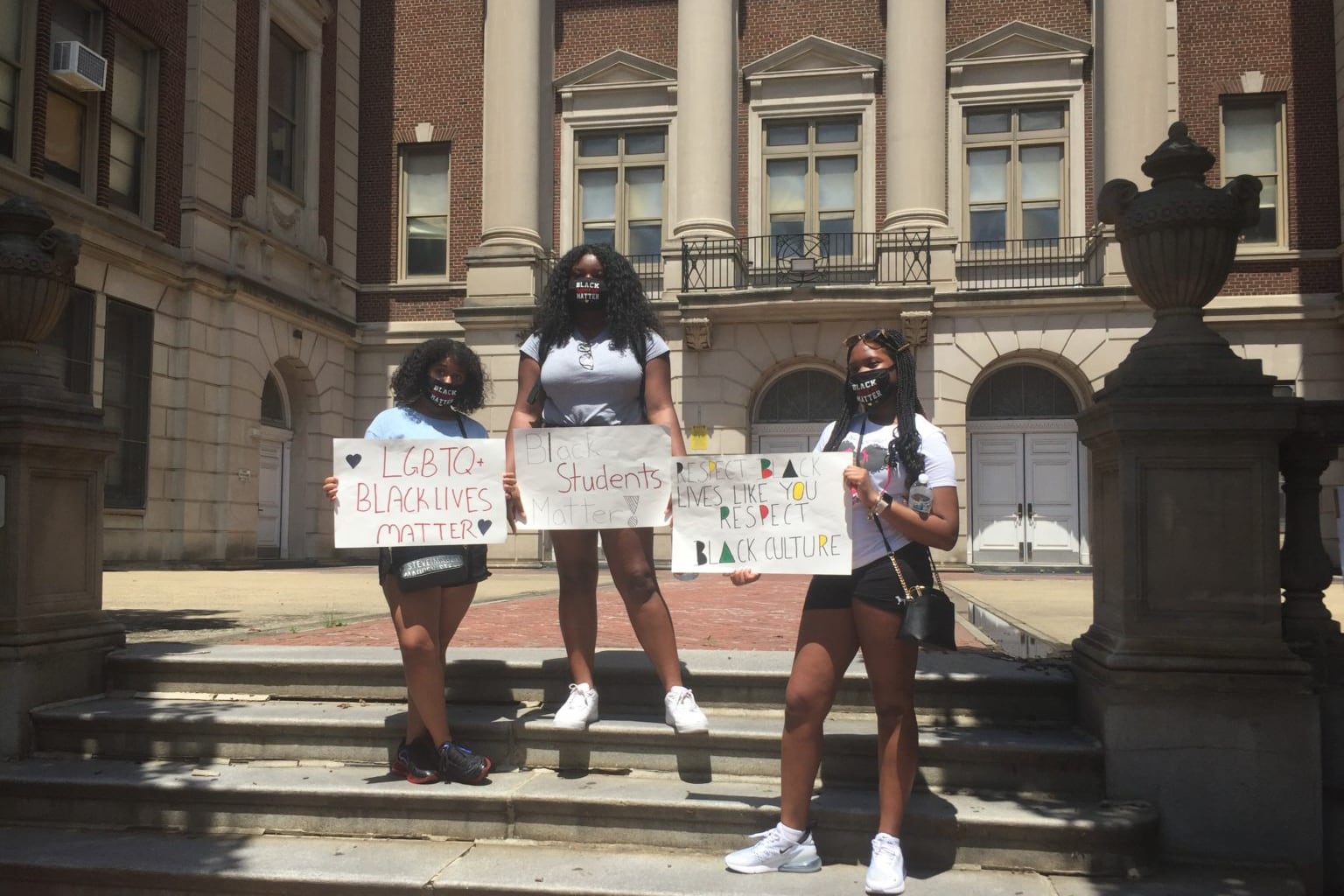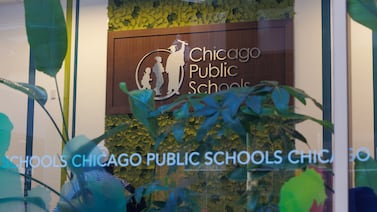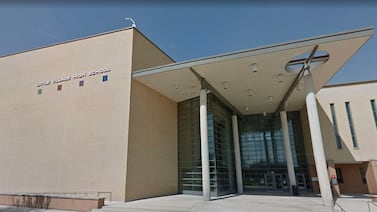Philadelphia school district officials announced Tuesday they will resume using state standardized test scores as a criterion for admission to the city’s most selective high schools for the class that will start ninth grade in September 2023, but the acceptable minimum scores are being reevaluated, they said.
The cutoff score on the state test — the Pennsylvania System of School Assessment or PSSA — for each magnet school “will be adjusted this year in light of the learning loss and other challenges our students have experienced,” Superintendent Tony B. Watlington Sr. said in a letter to parents Tuesday. Historically, minimal acceptable scores for the most selective schools have been in the 88th percentile or higher.
“There is a place for the PSSA as a standardized measurement criteria for the school selection process, but we realize that it’s just one test score achieved on one day,” Watlington said. “Multiple measures of student performance are always preferable.”
The new PSSA cutoff scores for magnet school admissions — for students who took the test last spring and will be applying for admission this fall for entrance in 2023-24 — will be made public by the end of September, according to a district statement. The application window is between September 16 and November 4.
Philadelphia’s selective admissions policy that directs Philadelphia’s best students into a group of prestigious magnet schools is a hot-button issue in the city. Families of all backgrounds covet admission to these schools, and they often make decisions on whether to stay or leave the city based on expected access to selective schools like Central and Masterman. The district’s move to once again make test scores part of the admissions process will likely stir controversy among parents and educators.
The district will also continue to use a centralized lottery system for qualified students to determine who can attend the city’s most selective schools. The district adopted this system last year for the current incoming class as an attempt to increase participation among students from historically underrepresented schools and neighborhoods, and to remove any “implicit bias” in the process. Previously, principals at magnet schools traditionally made final admissions decisions.
Students qualify to enter in the lottery based on their grades, attendance, and now, their standardized test scores. Each school has somewhat different criteria.
The district’s announcement of its plans for the 2023-2024 school selection policy comes just over a week after a federal judge dealt a setback to plaintiffs who filed a lawsuit challenging the new system.
In 2020, the district removed the test score requirement for magnet admissions out of necessity: The PSSA, generally given in April, was not administered in 2020 and 2021 due to the pandemic. For several of the most selective schools, it substituted a controversial MiWrite writing test, but that requirement will now be eliminated.
The PSSA was administered this past spring, albeit in an environment significantly affected by COVID.
The district has not provided data on whether participation dropped. But some principals expressed concern that students may have opted out of the tests because they didn’t think they would be used in admissions decisions.
Most selective admissions start in high school, and students apply in the fall of eighth grade for high school and the fall of fourth or fifth grade for a few selective middle schools. That means seventh grade PSSA scores are used for high school admissions, while third grade or fourth grade PSSA scores are used for middle schools.
However, the district said any student who missed the 2022 PSSA could submit the results of an alternative test, such as the TerraNova and the Educational Records Bureau. These have long been used by private and parochial school students who apply to these schools.
The district plans to hold three meetings where families can get information about the admissions system. Virtual meetings will take place Aug. 25 and Sept. 1, and there will be an in-person meeting Aug. 30. The application window for admission to schools for 2023-24 opens Sept. 16 and closes Nov. 4.
Diversity in the spotlight at top Philly public schools
In a statement to Chalkbeat, district officials said the lottery system had been “successful” in meeting its goals — encouraging participation, increasing access, and removing bias — and had changed the demographics at the district’s four most selective schools.
At the four most selective of the 21 criteria-based schools and programs — Central, the Carver High School of Engineering and Science, Masterman, and Academy at Palumbo — the new policy gave preference to students residing in six ZIP codes in North and West Philadelphia with large proportions of low income students of color, which had the lowest residential representation of students attending these schools.
For those four schools, “the percent of offers that were allocated to students from the identified ZIP codes ranged from 11.1% at Central to 13.5% at Masterman,” according to a district statement. “Those same zip codes accounted for less than 10% of total enrollment at these four schools from 2017-18 through 2020-21.”
In the statement, the district also reported that under this system, 11,479 eligible eighth grade students applied to the 19 selective high schools and magnet programs located in two neighborhood schools, double the number from years prior.
The ZIP code preference also significantly increased the diversity of the qualified applicant pool for the four most selective magnets, the district said. However, district officials did not indicate whether it had studied or determined how the lack of PSSA test score requirement affected the size of the qualified applicant pool.
In his letter, Watlington said that he would appoint a group to review the selection process for the 2022-2023 class and provide recommendations going forward.
In April, three parents whose children failed to be admitted to their first-choice schools sued the district in federal court, calling the new admittance criteria “a blatantly unconstitutional race-based system,” primarily citing the ZIP code preference.
The plaintiffs, who are represented by attorneys connected to conservative causes, including the America First Legal Foundation, argued that the new policy violated the Civil Rights Act of 1964 as well as the U.S. Constitution’s equal protection clause.
On Aug. 8, U.S. District Court Judge for the Eastern District of Pennsylvania Chad F. Kenney ruled that the plaintiffs, whose children are white, Black, and biracial, denied a preliminary injunction to bar implementation of the new system. Kenney ruled that the plaintiffs were unlikely to succeed because they “have failed to show a reasonable probability of eventual success on the merits because they have not shown any evidence that the changes to the admissions policy have had a racially discriminatory impact.”
At Masterman and Central, the city’s two best known magnets, Black and Hispanic students are underrepresented while whites and Asians are overrepresented, an imbalance that drew backlash following the murder of George Floyd in 2020.
Tuesday’s selective admissions announcement represents Watlington’s first major policy decision.
“As the new superintendent, I want us to communicate clearly and take the time to engage a diverse project team in careful and thorough analysis of the school selection process,” said Watlington. “This approach will strengthen our decision making in preparation for the 2023-2024 school selection process.”
Dale Mezzacappa is a senior writer for Chalkbeat Philadelphia, where she covers K-12 schools and early childhood education in Philadelphia. Contact Dale at dmezzacappa@chalkbeat.org.
Correction, 11/9/2022: A new policy gives admissions preferences to four of the district’s most selective high schools to students from six ZIP codes that currently account for less than 10% of the enrollment at those schools. Due to incorrect information provided by the school district, a previous version of this story said those students accounted for less than 1%





